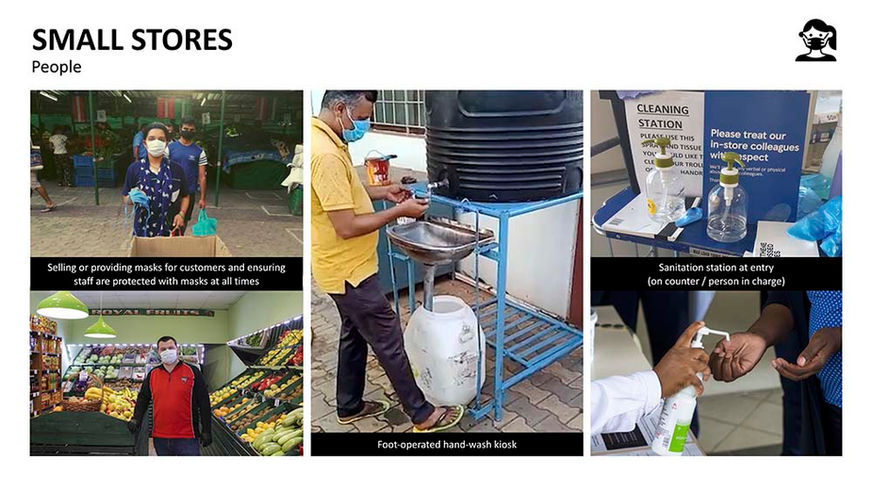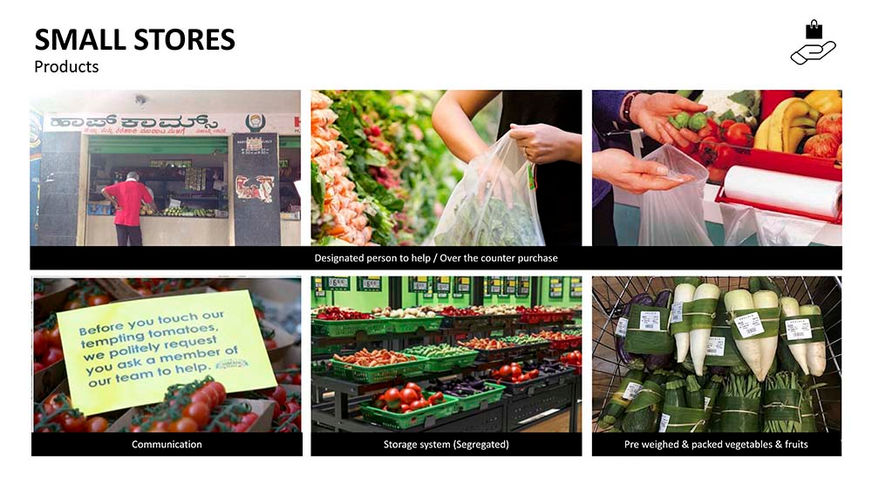Social Impact
As the co-founder of The Better Design Foundation, I led the design and strategy to build infrastructure co-designed with users to improve well-being in urban communities.
Better Classrooms | India
Learning environments in public schools are oftentimes characterised by outdated and decrepit infrastructure. The Better Design Foundation set out with the goal to create innovative classrooms that can enhance problem-solving, communication, and collaboration- the skills demanded of today’s students. Through a participatory design thinking process involving students and teachers, we redesigned the learning environment to reflect modern teaching and learning. From the color of the walls that influences mood to the furniture and learning aids promoting collaborative learning, every design decision is centred in the student experience to foster creativity, collaboration and active learning. Surveys after 6 months of use from students and teachers indicated that student psycho-social outcomes improved by 35% and attendance improved by 50% in students who used these classrooms.
Credits: The Better Design Foundation, Avikant Bhardwaj
Better Sanitation | Bengaluru, India
The Better Design Foundation set out to reimagine an alternative to community sanitation in an under-resourced community in Bengaluru as a pilot. User research and a participatory design process led to the co-creation of a shared terrace toilet model that can be shared by a smaller group of individuals who opt in to use the resource and maintain it. The facility is built entirely with repurposed metal angled from a demolished factory and compressed Tetra-Pak panels used for walls, roofing and flooring. The facility also piloted the use of a grey-water recycling system in this water-constrained community. Inspection and surveys after 6 months of use indicate that the toilets have a 90% maintenance score and medical expenses and illness among users has reduced compared to the previous year.
Credits: The Better Design Foundation, The /Nudge Foundation, Omidyar Network India, RISE by Sundara
Micro Retail Through Covid | Design & Implementation
During the COVID-19 lockdown, there was a sudden behaviour change that led to an increase in online purchases which negatively impacted the livelihood of informal micro-retailers. Surveys and interviews with shoppers who changed their behavior indicated that this was influenced by their concern for personal safety and sanitation. In an effort to aid informal micro-retailers to regain customers, training and material was provided with a small budget of $2 per micro-retailer. This included drawing physical distancing boxes, setting up mobile payment accounts, wearing masks, displaying price and safety guidelines to customers to improve perception of safety precautions taken by the retailer. Revenue improved by 60% in the week after implementation compared to the previous week.
Credits: The Better Design Foundation, Future Research Design Company, Mayur Raiyani





















